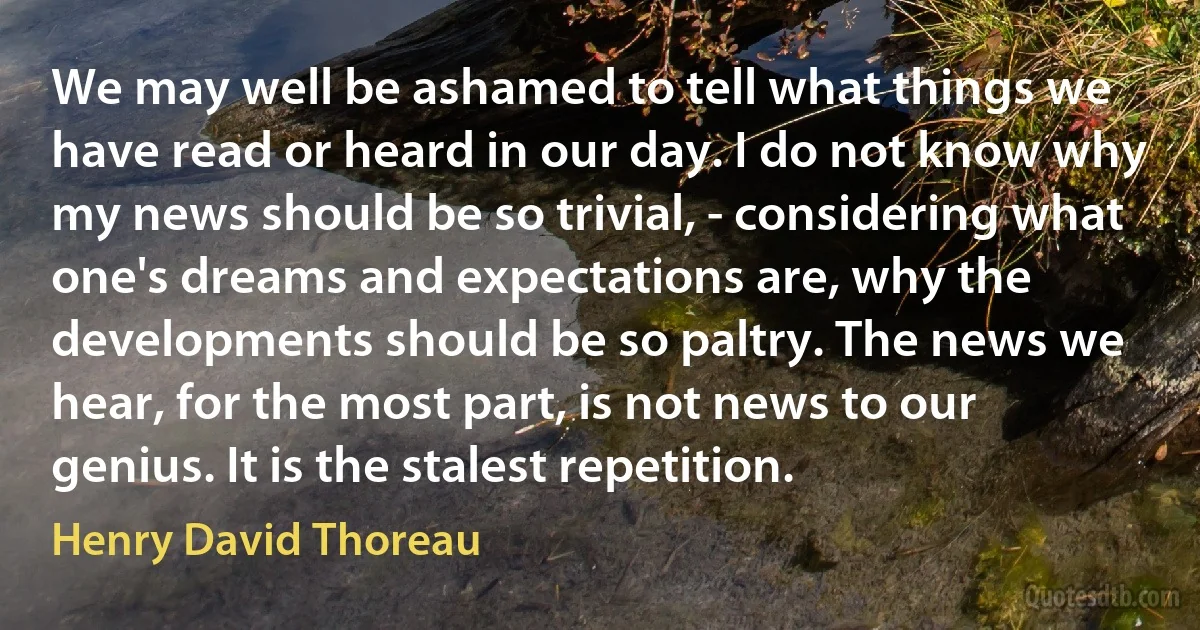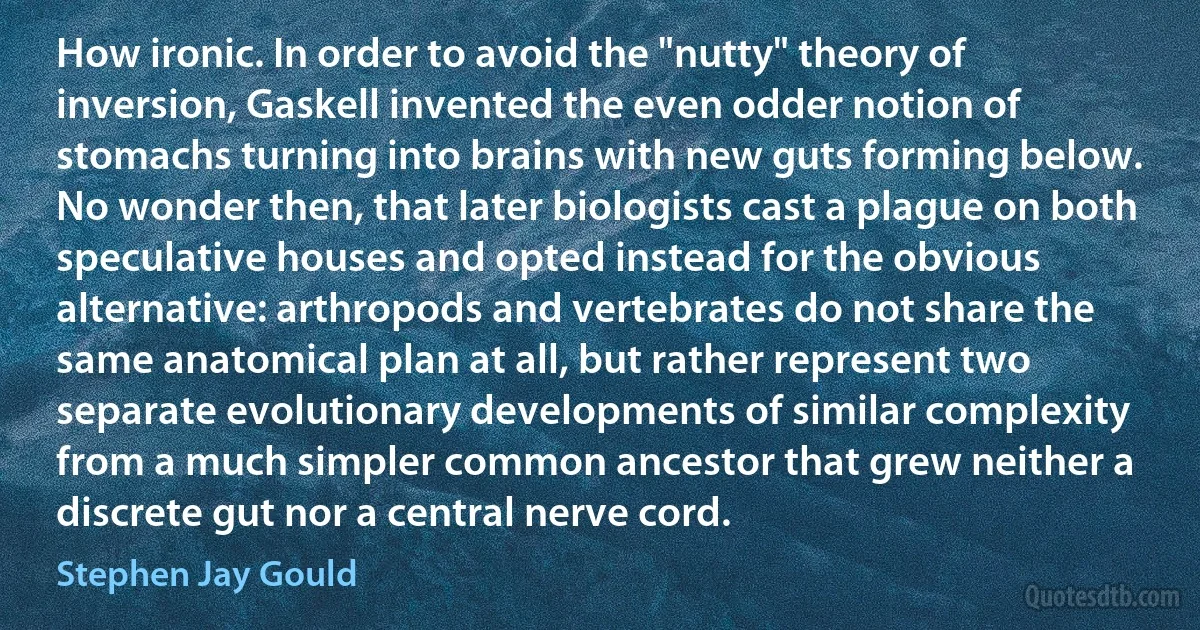Developments Quotes - page 2
African youth, just like other youth around the world can, for example, engage in the fight against corruption and hold officials accountable...Youth can also play an important role in engaging and educating their fellow and global citizens about the post-2015 global development agenda and ways to achieve our goals so that we can achieve the developments this time around to the greatest extent possible.

Tawakkol Karman
I am convinced that sooner or later the Armenian-Turkish relations will be normalized since closed borders between States is a non-sense in the 21st century, and rulers can find themselves in an unenviable position if they fail to keep up with the global developments. Political authorities should lead the way and not lag behind.

Tigran Sargsyan
Sharpie, you've got a one-track mind.”
"It's the main track. Reproduction is the main track; the methods and mores of sexual copulation are the central feature of all higher developments of life.”
"You're ignoring money and television.”
"Piffle! All human activities including scientific research are either mating dances and care of the young, or the dismal sublimations of born losers in the only game in town.

Robert A. Heinlein
The world cannot live at peace without the United Nations. For this reason: it creates a reasonable guarantee that all this change in the world, these tremendous political and economic developments, can be channelized, kept orderly. The United Nations is a mold that keeps the hot metal from spilling over.

Dag Hammarskjöld
The ground of democratic ideas and practices is faith in the potentialities of individuals, faith in the capacity for positive developments if proper conditions are provided. The weakness of the philosophy originally advanced to justify the democratic movement was that it took individuality to be something given ready-made, that is, in abstraction from time, instead of as a power to develop.

John Dewey
I propose that where private enterprise has been proved to be palpably unable, under present conditions...to solve our national difficulties and fulfil our national needs unaided by the State, the administrative and financial resources of the nation as a whole should be made responsible for setting on foot and supporting those developments in town and country which would bring into fruitful activity our undeveloped resources and opportunities.

David Lloyd George
Evolution throws a wonderful light on all the struggles, eccentricities, tortuous developments of the human conscience in the past. It is the only theory of morals that does. And evolution throws just as much light on the ethical and social struggle today; and it is the only theory that does. What a strange age ours is from the religious point of view! What a hopeless age from the philosopher's point of view! Yet it is a very good age, the best that ever was. No evolutionist is a pessimist.

Joseph McCabe
In the last two decades we have witnessed the emergence of the "system" as a key concept in scientific research. Systems, of course, have been studied for centuries, but something new has been added... The tendency to study systems as an entity rather than as a conglomeration of parts is consistent with the tendency in contemporary science no longer to isolate phenomena in narrowly confined contexts, but rather to open interactions for examination and to examine larger and larger slices of nature. Under the banner of systems research (and its many synonyms) we have also witnessed a convergence of many more specialized contemporary scientific developments... These research pursuits and many others are being interwoven into a cooperative research effort involving an ever-widening spectrum of scientific and engineering disciplines. We are participating in what is probably the most comprehensive effort to attain a synthesis of scientific knowledge yet made.

Russell L. Ackoff
.. the modern artist can conclude that impulsive and speculative production has come to an end. THE ERA OF DECORATIVE TASTE HAS VANISHED, the artist of today has finished completely with the past. Scientific and technical developments oblige him to draw conclusions.... to revise his means, to establish laws creating a system, that is to say, to master his elementary means of expression in a conscious manner.

Theo van Doesburg
Cultural systems will be treated as extensions of the power to learn, store, and transmit information, and the evolution of culture as dependent upon the biological development of these abilities and the cultural developments that actualize them. Man's increasing mastery over the natural world, with its increments of available energy use, can be seen from this point of view as one consequence of his capacity to learn, invent, borrow, store, and transmit the necessary technological and political inventions for the changes of scale involved in increasing utilization of energy. Instead of focusing attention on discontinuities - the invention of tool-making tools, the invention of agriculture, the invention of writing, and the invention of invention as a conscious pursuit-this discussion will focus on the continuities involved and on the extent to which older forms of communication, energy use, and social organization also undergo transformation in the course of cultural evolution.

Margaret Mead
In 1946, a Macy Foundation interdisciplinary conference was organized to use the model provided by "feedback systems," honorifically referred to in earlier conferences as "teleological mechanisms," and later as "cybernetics," with the expectation that this model would provide a group of sciences with useful mathematical tools and, simultaneously, would serve as a form of cross-disciplinary communication. Out of the deliberations of this group came a whole series of fruitful developments of a very high order. Kurt Lewin (who died in 1947) took away from the first meeting the term "feedback". He suggested ways in which group processes, which he and his students were studying in a highly disciplined, rigorous way, could be improved by a "feedback process," as when, for example, a group was periodically given a report on the success or failure of its particular operations.

Margaret Mead
Multiple discoveries are in fact very common in science and for much the same reason. Developments in related fields with different motivation help one to understand a difficult problem better. Since these developments are public knowledge, many scholars can take advantage of them. It is pleasant to the ego to be first or among the first with a new discovery. However, in this case at least, the evidence is clear that the development of general equilibrium theory would have gone on quite as it did without me.

Kenneth Arrow
If my history lesson has done nothing else, it should have reminded you that, during any given period in the evolving history of physics, the prevailing, main line, climate of opinion was likely as not to be wrong, as seen in the light of later developments. And yet, in those earlier times, with relatively few individuals involved, change did occur, but slowly... What is fundamentally different in the present day situation in high energy physics is that large numbers of workers are involved, with corresponding pressures to conformity and resistance to any deflection in direction of the main stream, and that the time scale of one scientific generation is much too long for the rapid pace of experimental discovery. I also have a secret fear that new generations may not necessarily have the opportunity to become familiar with dissident ideas.

Julian Schwinger



